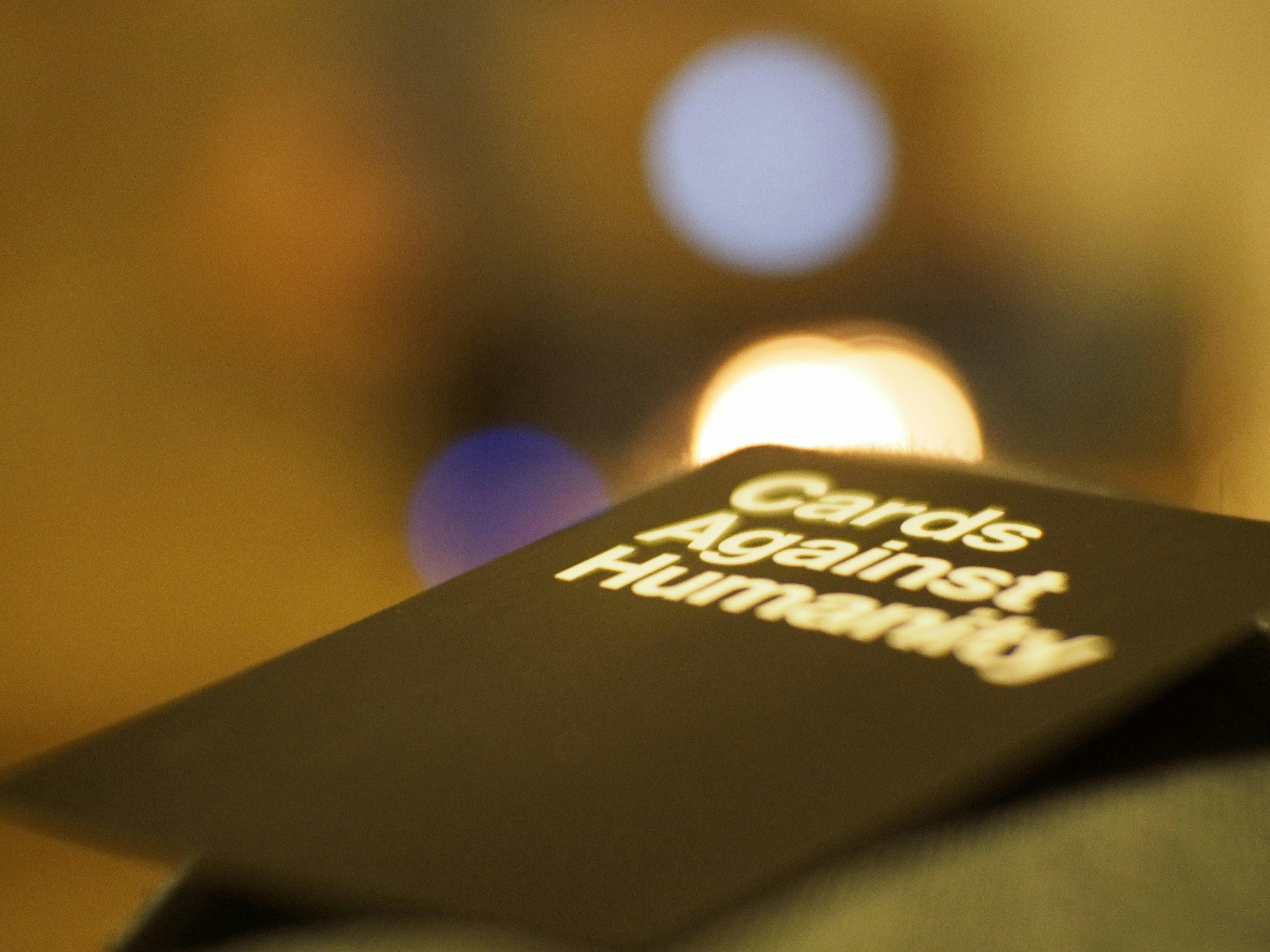The world, for millennia, has tried to solve its problems without God. Today, with the media to inform and influence us with what is happening, much attention is being paid to the belief that each person can decide for themselves what is right and what is wrong. This is called secular humanism, but it is no different from the sinful behavior that is as old as Cain thinking that he could kill Abel and not be punished. What happens to us when we think we don’t have to obey God?
In Matthew 21: 33-46; Mark 12: 1-12; Luke 20: 9-19 Jesus is in Jerusalem, teaching in the temple. He continues his response to the chief priests and scribes who simply challenged his authority. In this parable, Jesus presents a serious problem with the way the world treats God and his servants. It serves as a warning to us if we really love God and others.
Disrespect – Matthew 21: 33-35a; Mark 12: 1-3; Luke 20: 9-10
Jesus begins his parable by introducing the owner of a vineyard who entrusts his property to the tenants who will grow the grapes, harvest the harvest, and pay an agreed rent to the owner for the use of his land. When it comes to paying, they show great disrespect to the landlord by not paying and by mistreating the men he sends to collect the rent.
No matter what we do in life, there will be people to whom we will have to respond. If we have entered into an agreement, we have an obligation to abide by that agreement even if it is to our detriment. Whether it’s paying rent, doing a service, or some other commitment, we are still obligated to do what we said we would do. Similarly, a child must be taught to respect others, but an adult must earn the respect of his peers. If we want people to respect us, we must first show them the kind of respect we want by respecting them. If you don’t respect others, don’t expect them to like you or show you the respect you think you want. It will not happen.
Violence and murder – Matthew 21: 35b-36; Mark 12: 4-5; Luke 20: 11-12
Jesus continues his story. The tenants are so disrespectful to the owner of the vineyard and the servants that they send to collect the money that they beat you and sent you back without paying the rent. Time and time again, the owner sends other collectors. Some of them are beaten up, but other debt collectors are killed by the tenants.
Whether it’s written in the law books or not, everyone knows that you can’t go around deliberately hurting or killing other people just because you don’t like them, something about them, or something they did. We must learn to live together and get along. That requires respect. It also requires recognizing that independently causing physical harm or committing murder is wrong of reason. That does not rule out self-defense to protect you or your family from someone else who is trying to commit physical harm or murder against you. Killing is justified only if it is in self-defense.
Greed – Matthew 21: 37-39; Mark 12: 6-8; Luke 20: 13-15a
Finally, the owner sends his own Son. Presume that they will respect the Son because he is the direct heir. Unfortunately, the tenants get greedy and reason that if they kill the son, they will inherit the property. They kill Him and through His body out of the vineyard just as they did with the other messengers.
Lying, cheating, stealing, greed and greed are factors that influence what is wrong with these tenants. When a person thinks that he can decide whether or not to abide by the laws of God (and of man), he becomes a danger to those around him. We must have a moral code of ethics and everyone live by that code in order to survive. Otherwise, we have anarchy. We must never allow the desire for more money to make us think that we can violate rights or others and not be punished for it. God’s way or no way!
Consequences – Matthew 21: 40-46; Mark 12: 9-12; Luke 20: 15b-19
Jesus asks the audience what to do with those disrespectful, murderous, and greedy tenants. People respond that they should be punished with death and lease the land to tenants who respect the owner, pay what is done and do not try to lie, cheat or steal. Jesus continues to warn them that they are rejecting the cornerstone of the Kingdom of God. If they try to do something to stop the cornerstone, they will reap fatal consequences. Since almost all Jewish religious leaders and many of the Jewish people have rejected Jesus, God will take His favor from them and give it to people who will repent of their sins and acknowledge Jesus as their Lord and Savior. The high priests, scribes, and Pharisees know that Jesus is talking about them, so they plot even more about how they can kill him (as if that would stop him from his divine purpose).
Actions have consequences. Good actions reap good consequences such as appreciation, respect, increased income, etc. Bad actions reap bad consequences such as disrespect, imprisonment, or other punishment, even death. If we love God, we realize that He knows the best way to live. He knows how to prevent us from following the ways of the world. He sent his Son, Jesus, to pay for our sins so that we could be free from sin and walk in a way worthy of Him. What consequences do you want to reap at the end of your life?
God bless you and have a great week!
